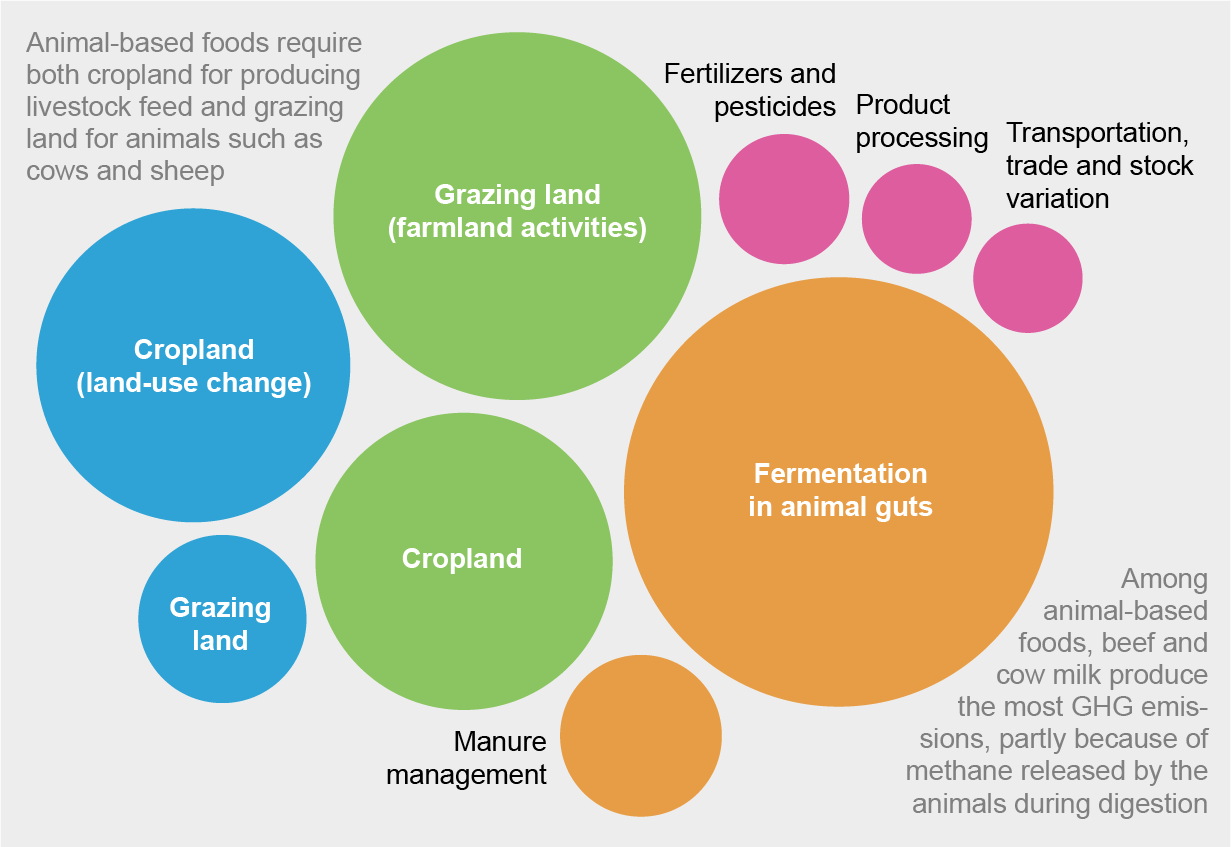 |
| September 13, 2021 |
 |
| |
| |
| |
| Extraterrestrial Life Looking for Interstellar Monuments An ancient civilization from a distant star could have created immortal machines to roam the Milky Way and keep its legacy alive | | | | |
| |
| |
| |
| |
| |
| |
| |
FROM THE STORE
 | |
The Math of Everything Galileo said that mathematics is the language of nature. This eBook examines math across disciplines, exploring how math is the backbone connecting the physical, social and economic worlds. From practical questions about the significance of p values and using math to fight gerrymandering to the top theoretical problems in the field, this collection looks at what math reveals about our universe. |  | | |
| |
FROM THE ARCHIVE
 | | | |
LATEST ISSUES
 |
| |
| Questions? Comments?  | |
| Download the Scientific American App |
| |
| |



